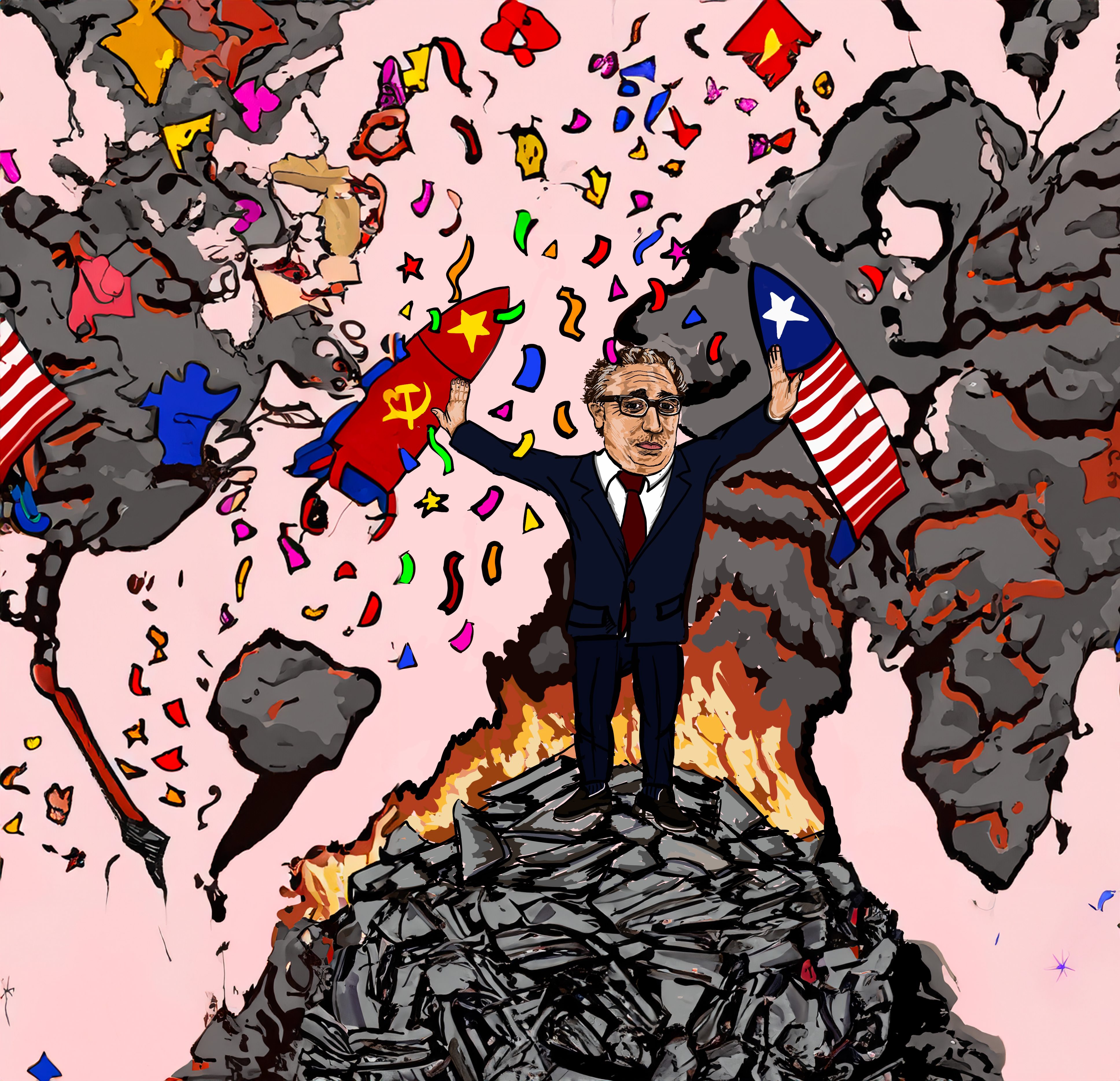After four terms as Germany’s chancellor, Angela Merkel has announced that she is not seeking re-election in 2021, when she plans to withdraw from politics completely. In her 13 years as chancellor, Merkel managed to overcome many ideological barriers while pushing Germany toward greater success.
Merkel was raised under a communist dictatorship in East Germany before it was united with West Germany. The entirety of Merkel’s childhood and a great deal of her adulthood — as well as her education — fell under Communist rule. Despite this—or perhaps because of it—Merkel, as chancellor, worked toward making Germany a liberal democracy. In the midst of populism rising in Europe and Russian President Vladimir Putin’s revival of a belligerent Russia, Merkel remained consistent with her values.
As the first female head of the Christian Democratic Union (CDU) and the first female chancellor, Merkel increased Germany’s role in international security as an active leader of the European Union. Her support of the North Atlantic Treaty Organization (NATO) continues in the face of President Donald Trump P’00’s criticism. At times when the social justice and finance of the German social market model were challenged, she stood by economic liberalism. With her consistency as chancellor, Merkel guaranteed the German nation a relatively stable economy.
In addition, Merkel steadily aimed to move Germany away from its horrific past. Employing a much more humanitarian perspective than past leaders, Merkel denounced Nazi Germany’s appalling values, such as xenophobia, once and for all. In fact, Merkel allowed 890,000 refugees into Germany during the migration crisis of 2015 according to the German Interior Ministry. Truly taking initiative for Western humanitarian values, Merkel provided for refugees when other major Western powers accepted significantly fewer. In 2015, the United States admitted only approximately 70,000 refugees according to the U.S. Census Bureau.
In foreign affairs, Merkel wished to maintain good relations with the United States, reportedly being very close to former president Barack Obama, and to better relations with Russia to further strengthen German business and economy. She graciously agreed to bailouts to save both Greece and Portugal from bankruptcy. It would be an understatement to say that Merkel worked incessantly to establish friendly and productive relations with other nations while strengthening Germany’s own hospitality and commitment to liberty.
However, Merkel’s four terms as chancellor did bring controversy, namely in her decision to allow refugees into Germany. Only time will tell if this was the right decision for Germany — but that doesn’t negate Merkel’s honorable intentions in opening Germany’s borders to those in need.
The future of Germany is, in many respects, impossible to determine. Merkel’s successor will face many challenges: rebuilding the EU without Britain, struggles with neighboring populists, and managing Putin’s Russia, to name a few. Regardless, the CDU’s lack of success in Hesse and Merkel’s decline in popularity despite her beneficial policies and actions for Germany raises concern. Does this reflect a subtle reappearance of a political atmosphere that could potentially lead to extremism? Only time will tell.
In her years as chancellor, Merkel earned the title of “leader of the free world” — and rightfully so. Merkel dutifully advocated for the values of Western liberalism, which she translated into German society through her initiatives for liberty among the people and in the economy.




